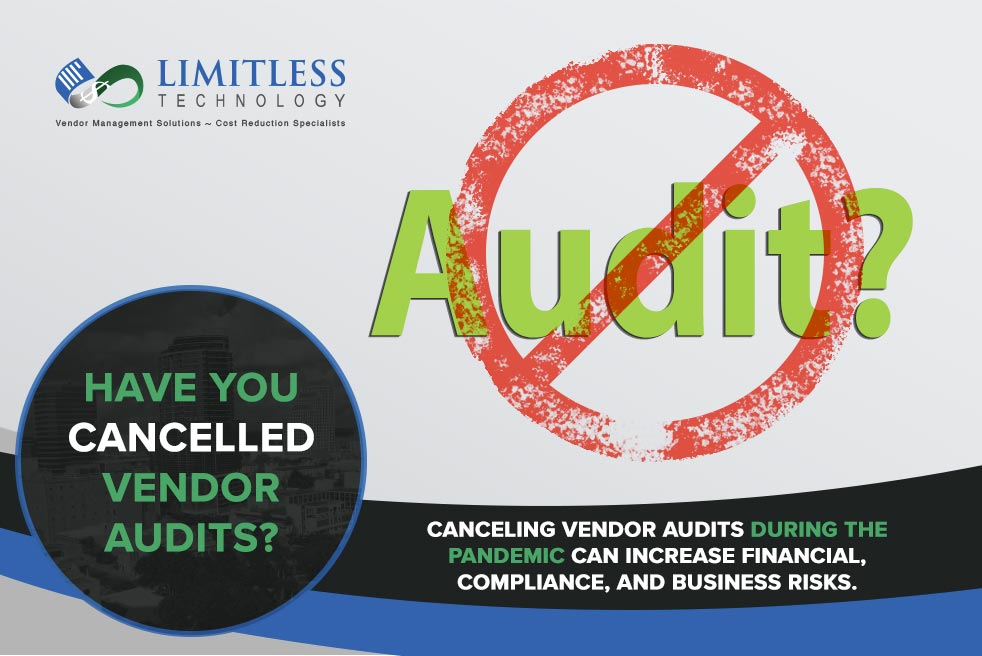While it’s hard to blame a company for canceling vendor audits during the pandemic, it’s important to understand that business is moving forward, and straying from good business practices is never a good idea. Canceling audits reduces a business’ visibility into its vendor performance and contract compliance. This can threaten both short- and long-term resilience and business continuity.
The biggest risk is not knowing how the pandemic has affected your vendors’ business. Like you, they are working hard to manage their way through these difficult times. They are under increasing pressure to manage capacity and optimize efficiency. Whether ramping back up too quickly with limited personnel or resources, or pushing hard to meet rising volume demand, it’s easy to make mistakes, even if they are made without any fraudulent intent. Any compromises made in operational execution could be detrimental to the supplier’s reputation and survival, and the resilience of the clients they serve.
It is easy to see an increased risk to your business if a supplier is forcing employees to work longer hours and meet volume demands. You could have a small or mid-sized supplier that unintentionally introduces employees to health and safety risks associated with COVID-19 because they don’t have the necessary resources to procure personal protective equipment. With no audits to implement due diligence, how will you know if your vendors are cutting corners or even at the risk of going out of business? A virtual assessment that delivers actionable data is an effective means of gaining visibility in every industry market, and a smart alternative to on-site audits during this pandemic. They allow for vendor management teams to gain deeper visibility into their vendor performance without having to meet in person. Developing a remote vendor auditing approach based on a powerful process will also aid post-pandemic recovery. By understanding which suppliers are performing well and which are at risk, procurement teams can continue to make better decisions, as well as prioritize the suppliers and vendors that require on-site audits when the economy comes back online.




